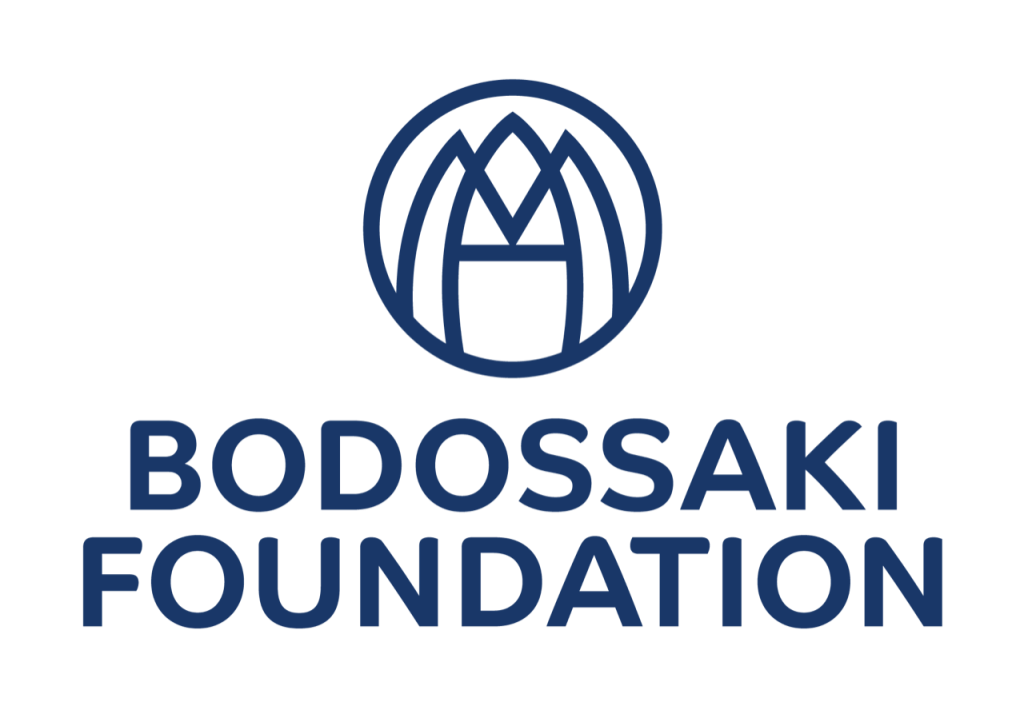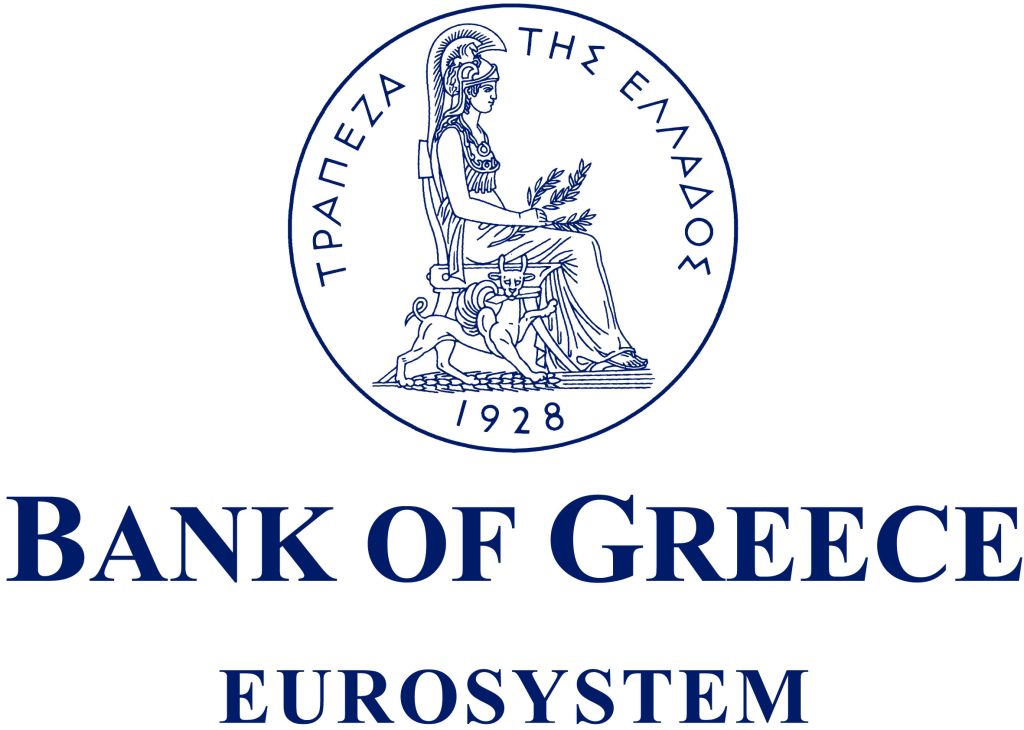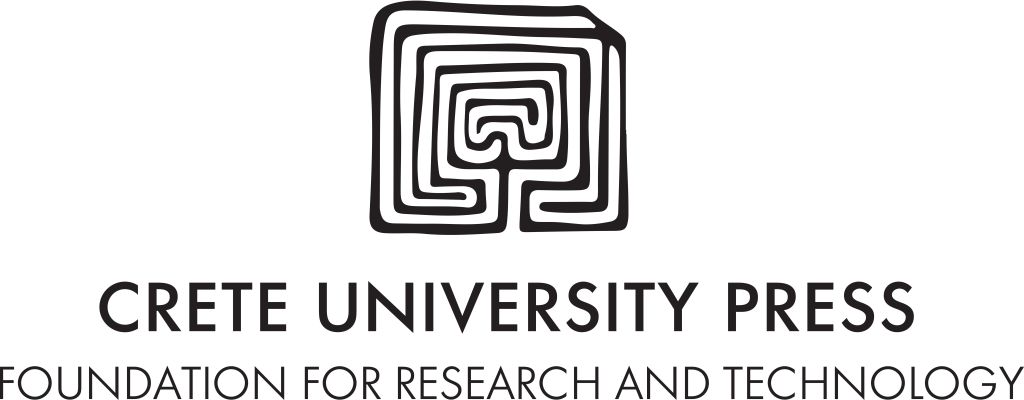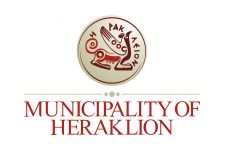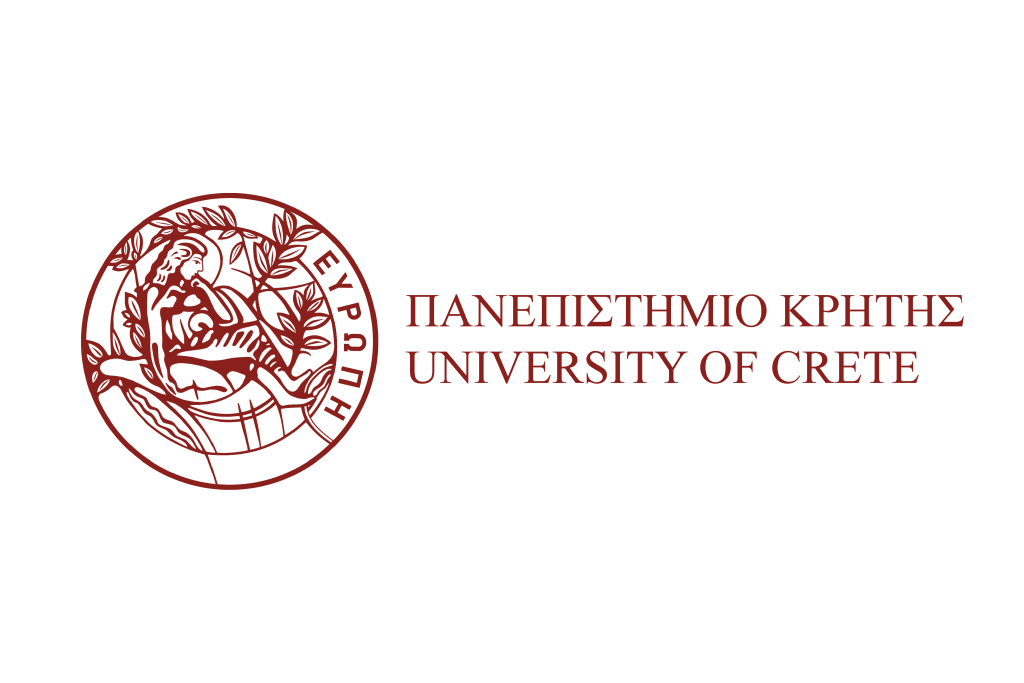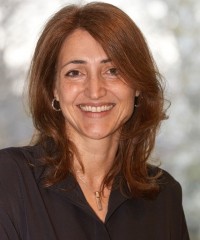
Contact
If you would like to nominate or find out more about the Kafatos Lectures, please contact Head of Alumni Relations Mehrnoosh Rayner.
Connecting, engaging and nurturing EMBL’s global community of current and former scientists, technicians, communicators and administrators
2026
2026 Kafatos Lecture by Svante Pääbo, Nobel Laureate and Director of the Max Planck Institute for Evolutionary Anthropology
October 2026, Crete, Greece (date and lecture title TBC)
2025
Watch the 2025 Kafatos Lecture by May-Britt Moser
“The Power of Science: Uncovering the Algorithms of the Brain”
Tuesday 18 March 2025, International Student Festival in Trondheim (ISFiT), Norway
2024
Watch the 2024 Kafatos Lecture by Hans Clevers
“Organoids: Avatars of human organs in health and disease”
Friday 4 October 2024, Royal Academy of Arts and Sciences (KNAW), Amsterdam, Netherlands
2023
Watch the 2023 Kafatos Lecture by Elena Conti
“Should it stay or should it go: How cells control the life and death of mRNA molecules”
Friday 20 October 2023, Museum Mensch und Natur, Munich, Germany
2022
Watch the 2022 Kafatos Lecture by Denis Duboule
“Evolution and Embryonic Development: The Complex Story of our Dual Origins”
Friday 7 October 2022, Cultural Conference Center of Heraklion, Greece
To nominate future speakers, please contact alumni@embl.org
Typically, the lecture will be delivered in the city where the selected lecturer resides, with the exception of the Inaugural 2022 Kafatos Lecture that will be held in Fotis’ birth town Heraklion, marking 5 years since Fotis’ death. Heraklion will also be the place for the lecture every fifth year.
The Kafatos Lecture series was launched in 2021 to honour the considerable legacy of Fotis Kafatos, former EMBL Director General and Founder and first President of the European Research Council (ERC). The series aims to bring groundbreaking and relevant life science research to the worldwide public, making it accessible and highlighting its day-to-day societal impact. The prestigious Lecture series is coordinated by the EMBL Alumni Association (founded by Fotis Kafatos) and each annual lecture is delivered by an outstanding scientist who is a past or current ERC grantee in the field of Life Sciences. Nominated speakers do not have to be a current or former member of EMBL staff. Academics are invited to nominate speakers fitting the above criteria and, once selected by the selection committee, the lecture is held in-person at a prestigious venue in the nominated speaker’s city and streamed live.
Thank you to the following for their support of the lecture:
2023–2025
2022
Please complete and submit the nomination form together with additional comments for the nominated speaker. The selection committee selects a speaker based on excellence in public speaking and timeliness of subject matter. Nominees will then be contacted by the EMBL Alumni Relations Office regarding next steps.
Criteria for nominated speakers:
EMBL supports fair and responsible research assessment, which includes its alumni awards processes. We recognise a range of research outputs including publications, open data sets, databases, code, software, pre-prints, patents, commercial products, instruments, clinical practice developments, educational products, policy publications, and any other relevant outputs. We discourage inappropriate use of proxies such as journal impact factors, and value research outputs based on their intrinsic merit. EMBL is a signatory of the San Francisco Declaration on Research Assessment (DORA).
How to submit:
All nominations should be sent to Tom Furnival-Adams.
Current Selection Committee
Iain Mattaj (joined in 2021), Chair, Former Director Human Technopole, Milan, and former EMBL Director General, EMBL,
Dame Janet Thornton (joined in 2021), Vice Chair, Director Emeritus, EMBL-EBI
Anne Ephrussi (joined in 2021), Former Director EMBL International Centre for Advanced Training (EICAT), and former Head EMBL Developmental Biology Unit
Eileen Furlong (joined in 2024), Head of Genome Biology Unit, EMBL
Roberto Di Lauro (joined in 2021), Professor Emeritus, University of Naples Federico II
Denis Duboule (joined in 2024), Professor, Collège de France, Paris, and EPFL, Lausanne
————————–
Former Selection Committee members
Babis Savakis (Served 2021-2023), Professor Emeritus of Molecular Biology and Genetics, Medical School, University of Crete
We would be hugely grateful for a commitment to the Kafatos Fund that would help establish the lecture series indefinitely.
For the Kafatos Lecture series, we are seeking a multi-year commitment that covers the annual cost of €15,000 as follows:
To find out more, please email Mehrnoosh Rayner.
All donors will be recognised in the material on the event.

If you would like to nominate or find out more about the Kafatos Lectures, please contact Head of Alumni Relations Mehrnoosh Rayner.
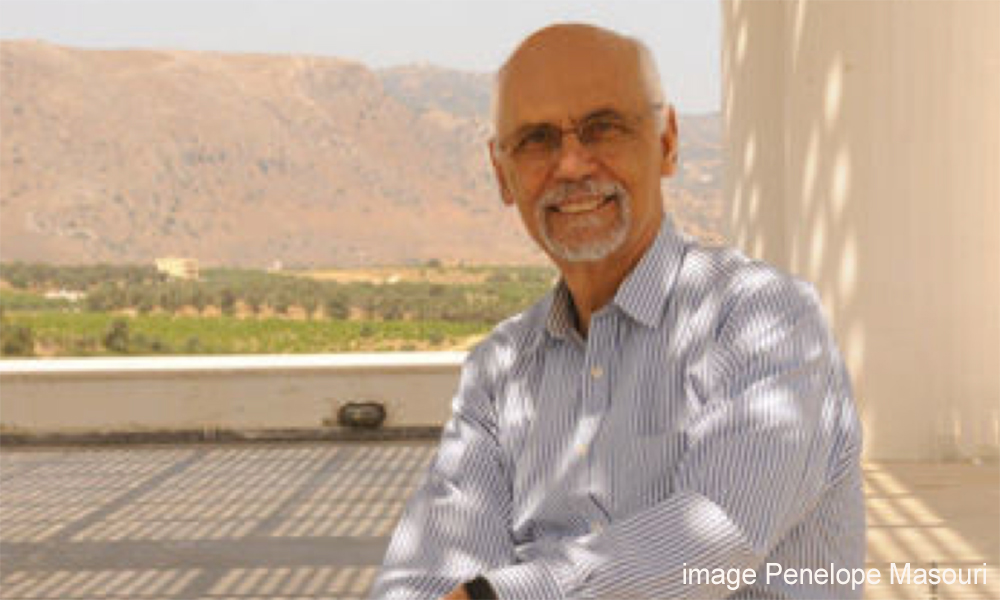
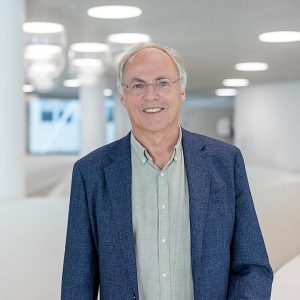
2024: Head of Pharma Research and Early Development (pRED), Roche
“It is both a great honour and a pleasure to be invited as the speaker for EMBL’s esteemed Kafatos Lecture this year. Public lectures hold a special place in my heart, offering scientists like me an extraordinary opportunity to effectively communicate our research and scientific knowledge to a wider audience. I firmly believe that as scientists, it is our duty to extend our role beyond academic and industry circles and share our findings with the public, fostering engagement and dialogue. Through this, we not only enhance public understanding of scientific progress but also reveal its profound relevance to everyday life. My aspiration is to ignite curiosity and inspiration in young minds, propelling them towards a future in science. I want to show them how exciting and important scientific research can be. By sharing my own discoveries and findings, I hope to spark that flame of interest and motivate them to pursue their own scientific journeys.”

EMBL: Group Leader, EMBL Heidelberg, 1999-2007
2023: Director of the Max Planck Institute of Biochemistry
“Where do I start? Thank you to Patrick Cramer, our president at the Max Planck Society, for his kind words of introduction. Thank you, Princess Auguste of Bavaria, who’s a colleague at the Max Planck Institute of Biological Intelligence. Thank you to Michael Apel for allowing us to host this event in this beautiful venue, and thank you to the donors for their generous support of this lecture. Thank you also to the EMBL Alumni Association, to Iain Mattaj, and to Matthias Hentze for the honour to give this lecture in memory and celebration of Fotis Kafatos. And thanks to the friends and colleagues from my lab and members of the public for their participation.”
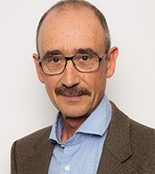
EMBL: Group Leader, EMBL Heidelberg, 1988-1993
2022: Professor at the École polytechnique fédérale de Lausanne (EPFL), the University of Geneva, and the Collège de France
“I’m touched and very grateful to have been selected as the inaugural speaker. I knew Fotis – and his science – for more than 25 years. To be invited to deliver this lecture in his memory in Heraklion, where he invested so much time and effort to promote science, is simply awesome. It is a fantastic opportunity for me, and I can’t wait. Fotis was exceptionally devoted to helping young people. This was a priority he retained throughout his life, at Harvard, during his leadership of EMBL, and in the foundation of the ERC. He had an intrinsic need to promote the science of young people and to help young people throughout their careers.”
Thank you to the individual donors and institutions who have generously supported the Kafatos Lectures:
